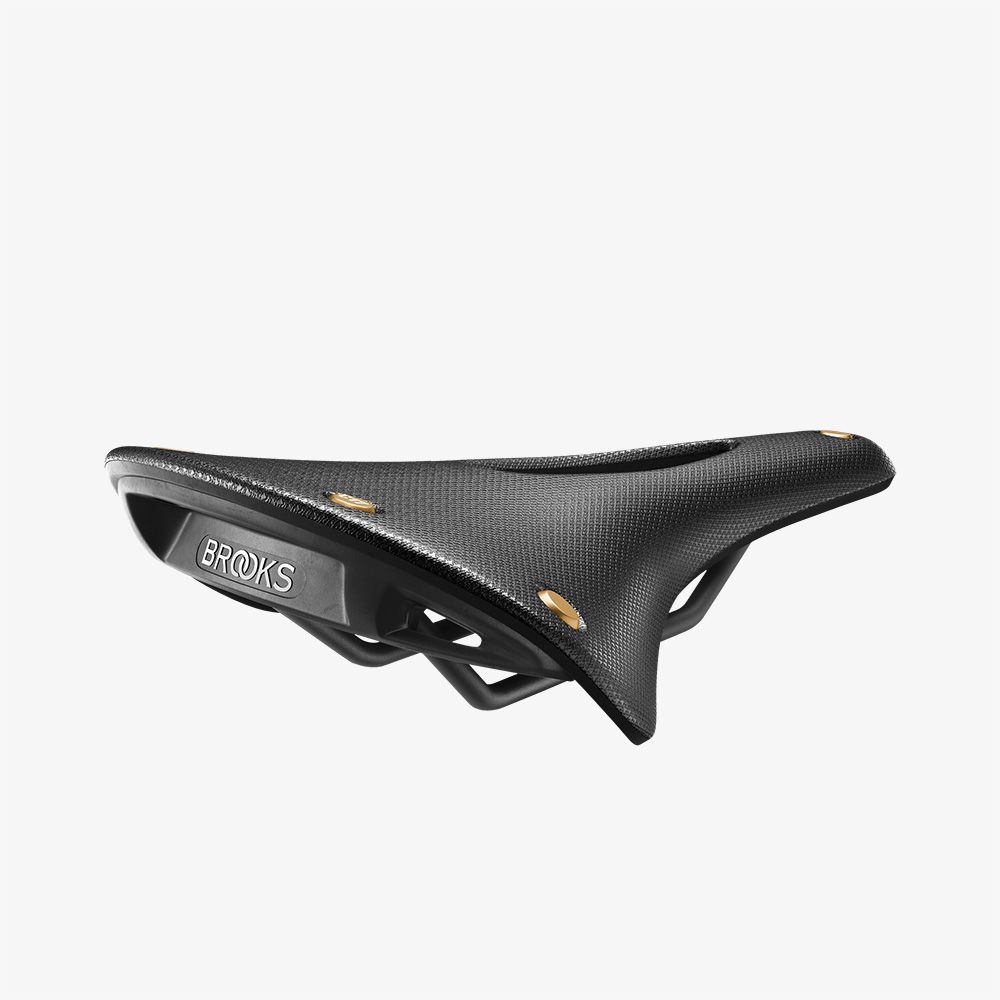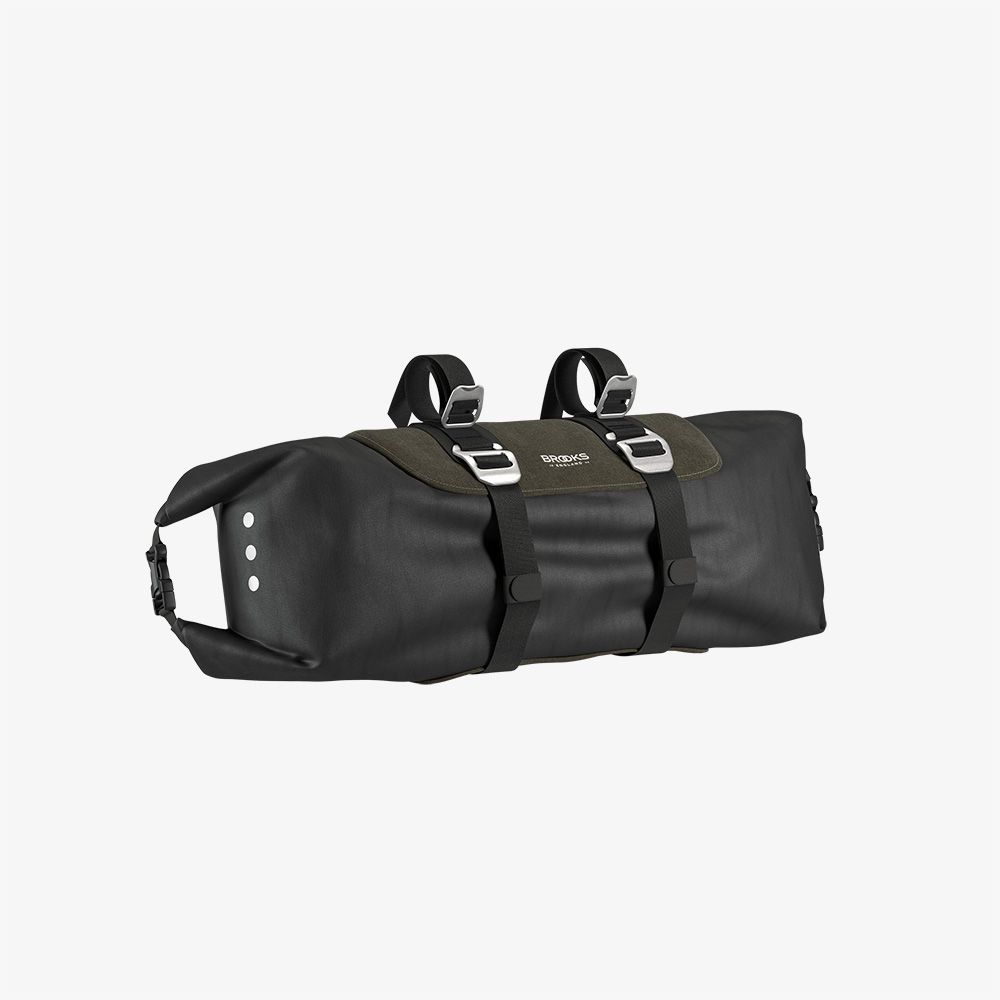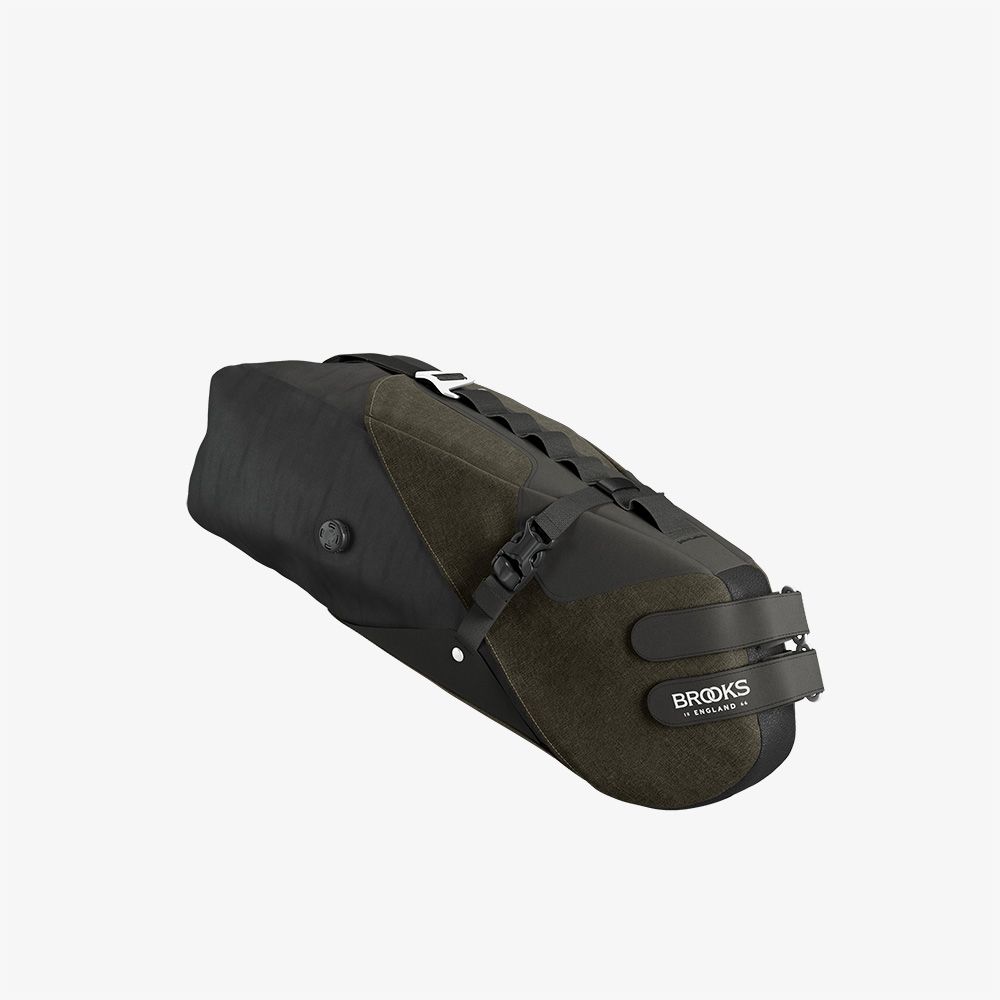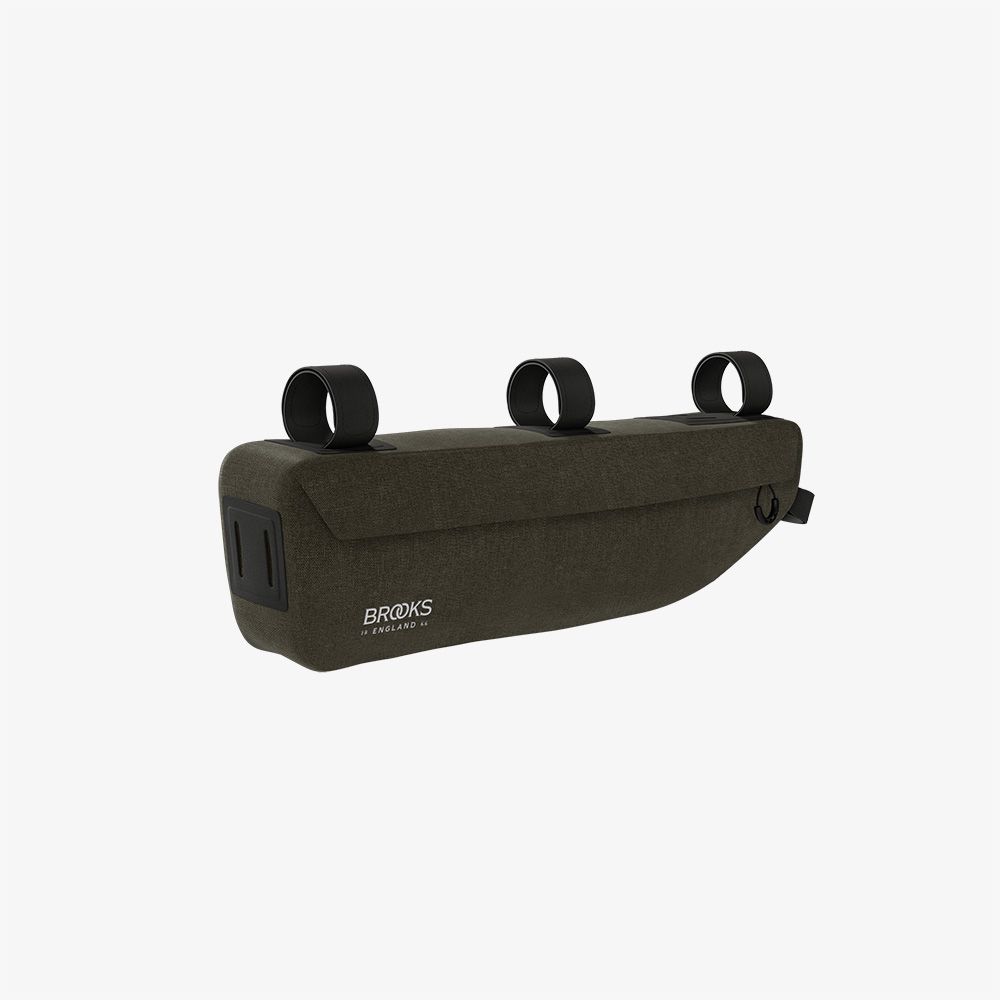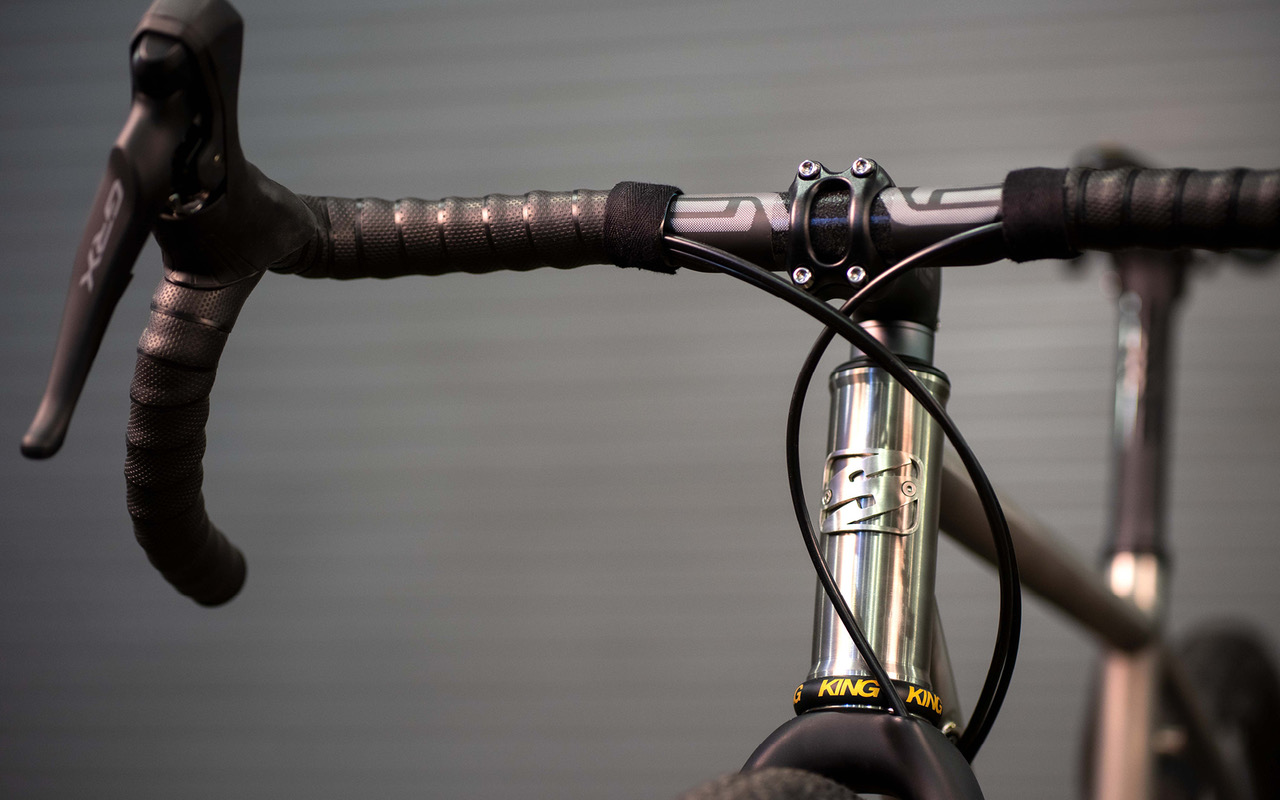
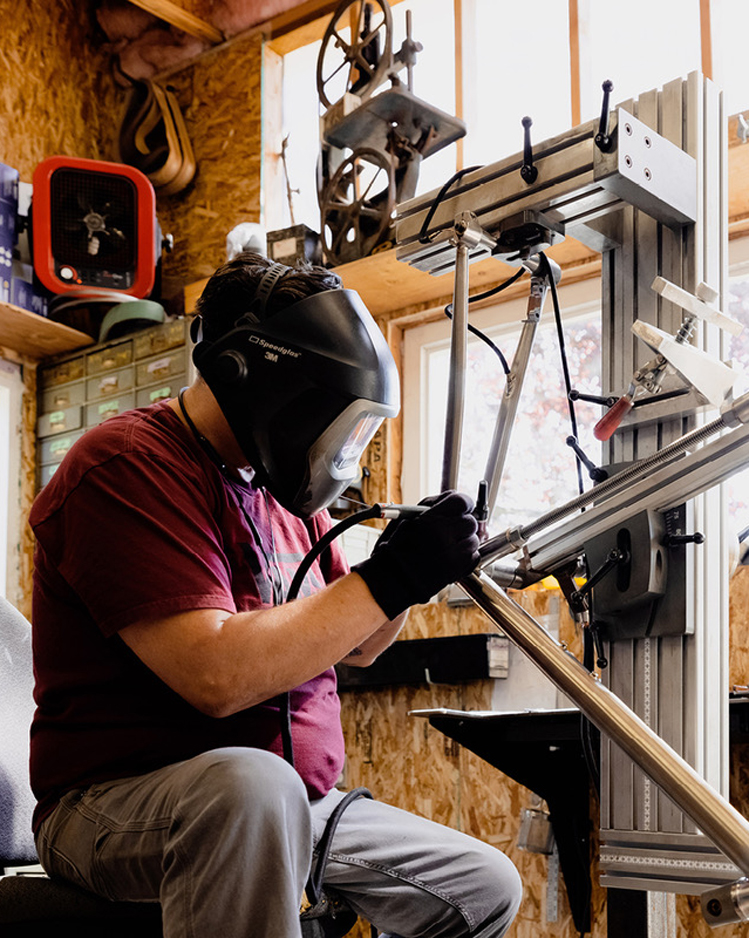
Bikes
“How big do you want me to be?” Simple Bicycle Co.
The best frame builder you’ve never heard of
By Tom Owen
With more than twenty-five years in the frame building business under his belt, Oregon-based Oscar Camarena has followed an alternative path to success. Even though he owns his own company, Simple Bicycle Co., he rarely builds under that banner – instead choosing to focus primarily on building production bikes for other names such as Cielo, Stinner and Speedvagen.
For these reason, Simple Bicycle Co. is not exactly a household name – particularly on the European side of the Atlantic, but that doesn’t seem to faze Camarena.
“I’ve been doing this for about twenty-five years. And don’t feel bad, even in the US nobody knows who I am. It’s very common someone might say, ‘we’ve never heard of you’. It is what it is, I’ve become pretty used to it, pretty numb to it.
“That being said, most frame builders know who I am. The normal customers have no idea who I am, but I’ve sort of kept my head down and I’ve built a lot of frames.”
Indeed, last year alone Camarena built 249 frames. 238 of which were production frames for other builders. 11 were “Simples”.
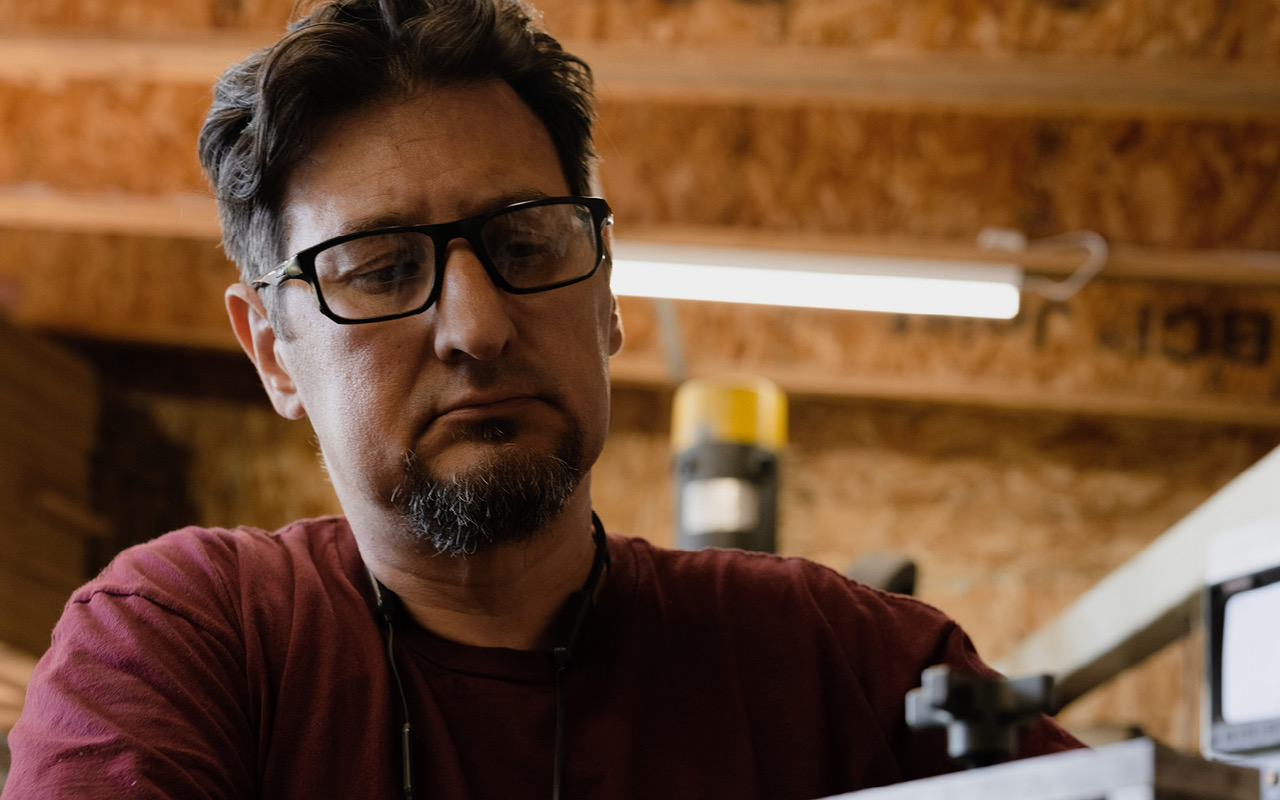
This is perhaps the most intriguing and unusual part of Simple’s business model. Most of the work Camarena does never has his company’s name on it. It’s not even limited to the bike industry.
“I do much more than bike parts out of my shop. This week I’m spending the whole week doing a ‘harness bar’, a kind of roll bar-ish for a McLaren race car out of titanium. So yeah I have to build nine of them.”
Camarena also explains that he’s rare in the fact that he can build with steel, titanium and aluminium. Or as he puts it, “I do all three materials fairly okay.
“My customers vary, they all have specific needs but last year seemed like I primarily built titanium frames. I think it was about 180 of those frames were Ti.”
Frame building can become narrow and mono-focused, particularly if your ‘brand’ becomes known for a specific style of bike. This has never been the case for Camarena and Simple.
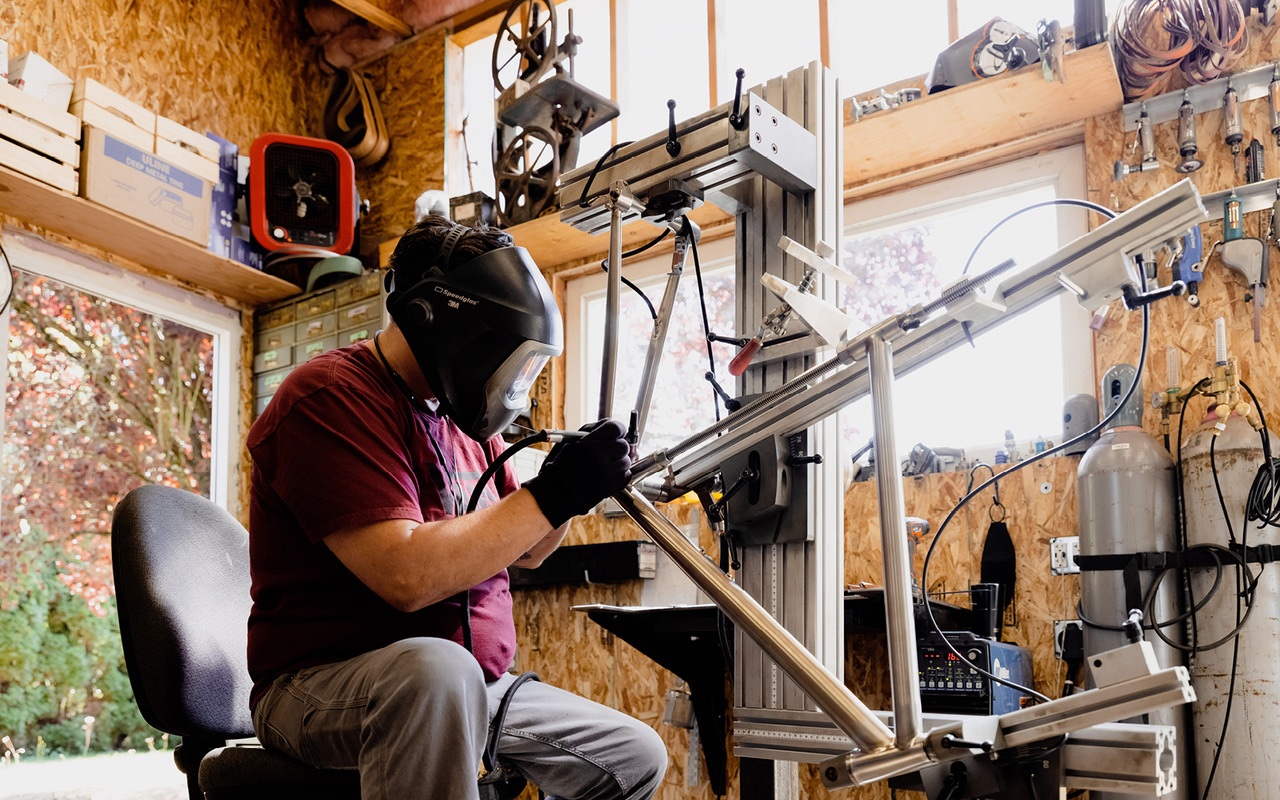
“You get the people that have a completely unconventional, a non-stereotypical bicycle. I’m currently working with a customer that does, I don’t want to call it a running bike, but it’s a stand-up bike – it’s kind of like an elliptical bicycle but it’s not an elliptical bicycle. So we’re building his cranks. Just because he has to buy…it’s kind of weird how he does it – he buys two drive-side cranks of two different chainrings, so now we’re just going to build a custom crank for him because he’s doing enough to where he can order 200 cranks from me.”
Is Oscar the guy that other frame builders call when they’re stumped by a problem?
“That’s exactly what it is. Currently, I’m working with the guys over at Team Dream, the clothing company. They’re starting a bike programme and Aaron Stinner built the first prototypes and when they were like ‘Hey, you know what, we want thirty frames’ he goes ‘yeah, I’m not your guy, you need to call Oscar.’
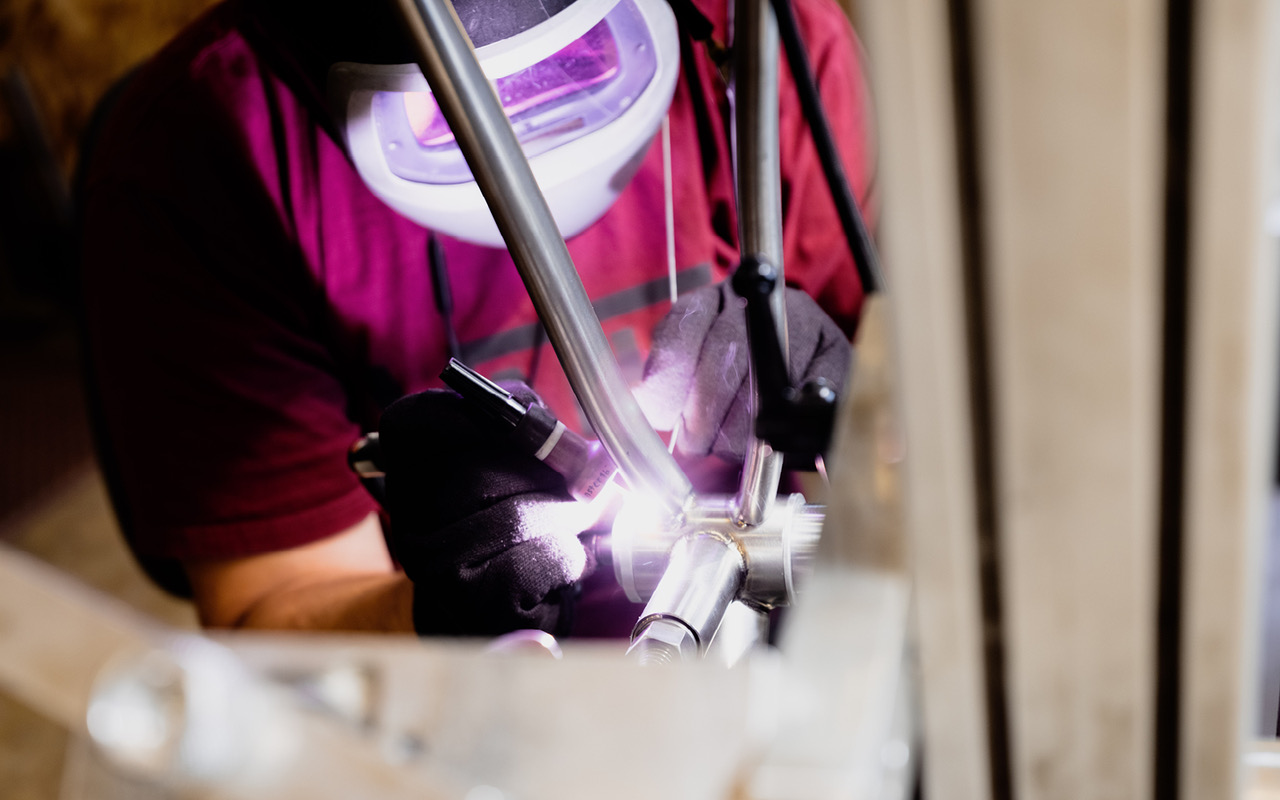
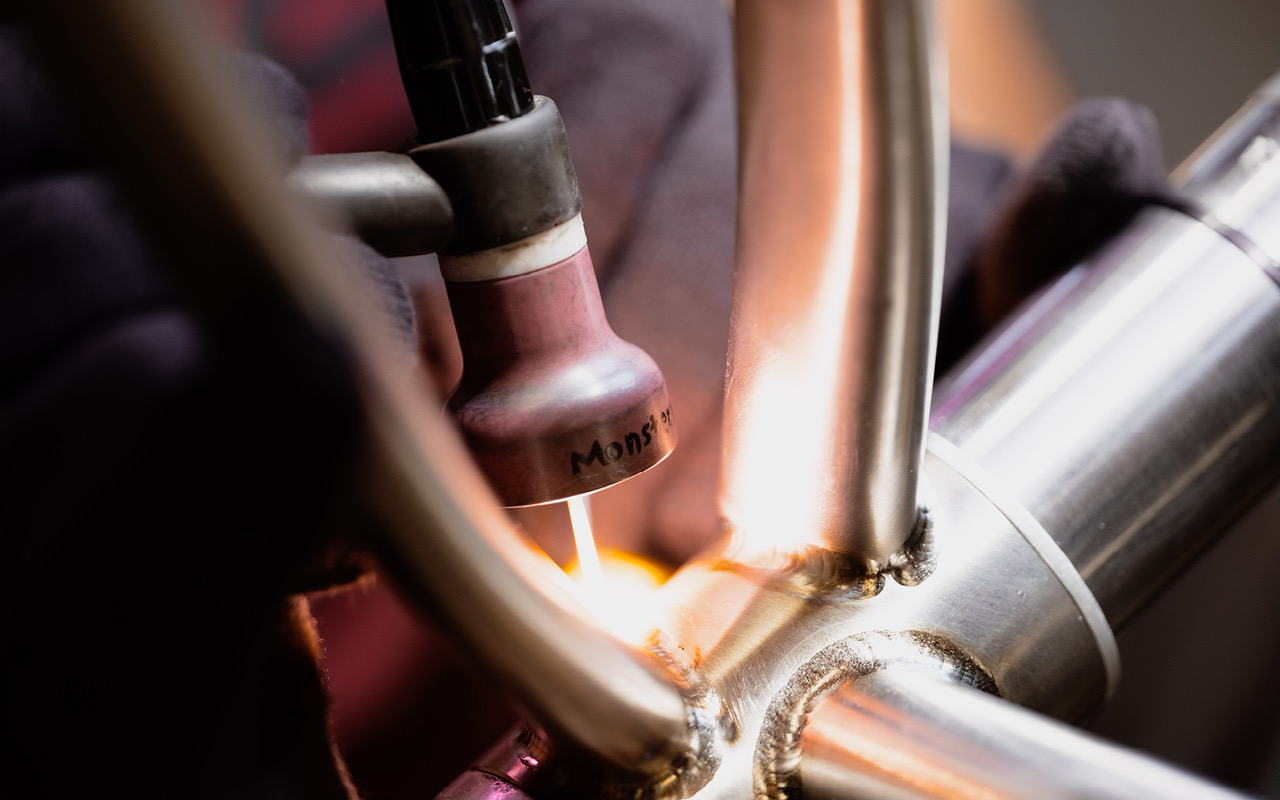
“There’s always that frame builder who will go ‘Yep, outside of my realm, you need to call Oscar.’ And I’m completely and utterly flattered when people do that. When somebody like Paul Sadoff from Rock Lobster says ‘Oh yeah dude, I’ll do aluminium but if you want a production aluminium run, you need to call Oscar’, and he doesn’t send them over to somebody like Frank The Welder, then in my opinion, that’s the best compliment ever.”
With the respect of his peers and a reputation for craftsmanship, it’s tempting to wonder why he isn’t building more machines under the ‘Simple’ banner. It turns out, this is a question he hears a lot.
“I build 250 frames a year’. Like, what’s your definition of a successful frame builder? That my face is on Time Magazine?”
“Usually when people ask that I’m all ‘How big do you want me to be? I build 250 frames a year’. Like, what’s your definition of a successful frame builder? That my face is on Time Magazine?”
Camarena credits being able to learn from his mistakes as having shaped him as a builder.
“I’ve built bikes completely wrong. One of my first production bikes, I got a customer that said ‘Hey, I have a team that I want to sponsor and I want to build all these bikes but I can’t. The company was called Barren, and I never adjusted my jig for the bottom bracket drop, and I built fifteen bikes and shipped them out.”
The bikes were unusable.
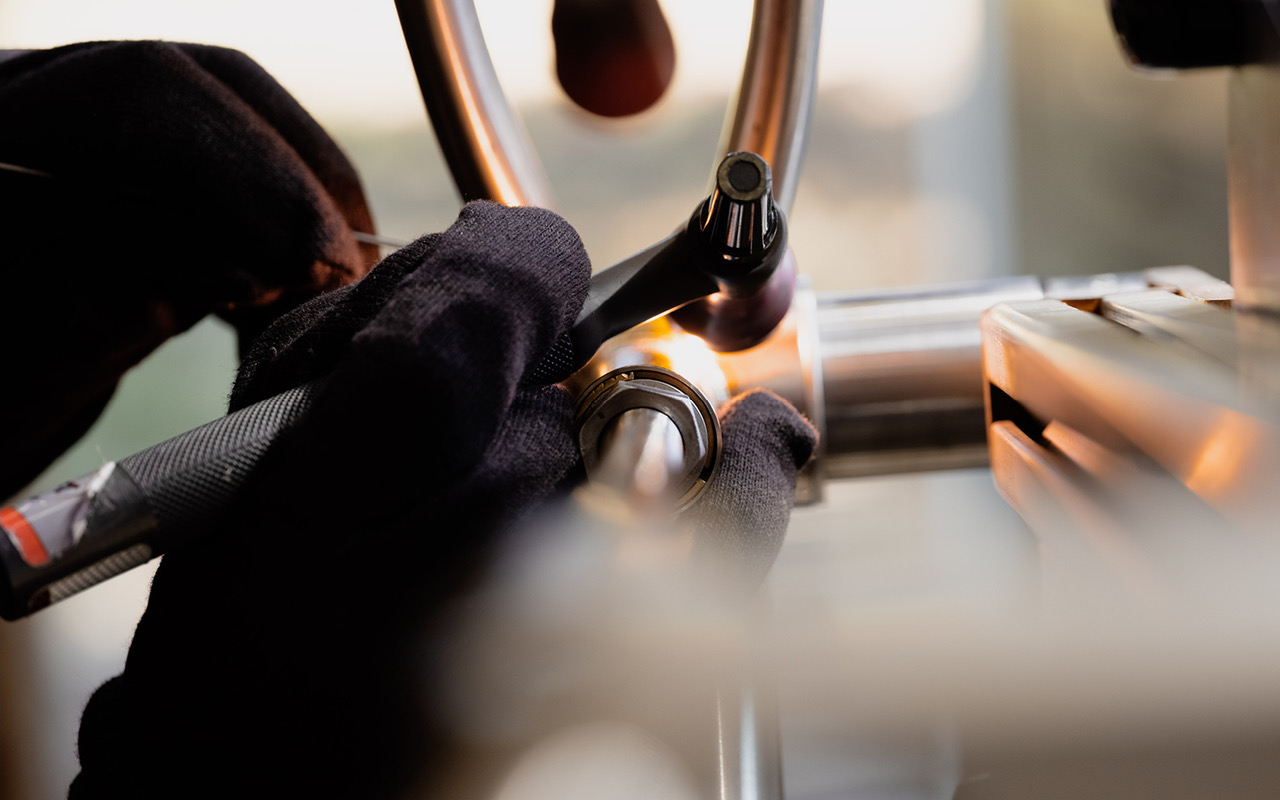
“It almost crushed me. Financially, you know, I was devastated. I didn’t know what to do, and I’m not one to borrow money, so it was like ‘What do I sell? Do I take a part-time job?’ In the end I waited tables at night just so I could pay for the material so I could rebuild these bikes. I think it ended up being like eighteen frames.”
There’s no disguising that framebuilding is a tough way to make a living. Camarena jokingly describes the perception of builders as “dudes that have this amazing lifestyle of building bicycles and dating strippers.”
In reality, he says, the business can be precarious – and a misjudgement of the time taken to complete a single task can send an entire job spiralling out of profitability.
“I charge X amount of dollars per hour. So the moment you say ‘This is going to take me ten hours’ and it actually takes you sixteen, you’re no longer making what you thought you were worth at the time. Then you’re just going down this rabbit hole of ‘holy smokes, I made $13 an hour this week’. That’s when it becomes really stressful and you’re like ‘Damn, I need a whisky’.”
Does he think there’s a personality type suited to building bikes?
“I think you need to have a personality type to be the frontman to a frame building empire.”
Like Speedvagen, a company for whom Camarena often builds frames?
“Exactly. Someone like a Sacha White, who’s a dear friend of mine, or Curtis Inglis from Retrotec, right, everybody sees Curtis and he’s just a big, tall happy dude. So I think you have to have that persona to do it. I don’t have that persona, and that’s why I do other people’s bikes.
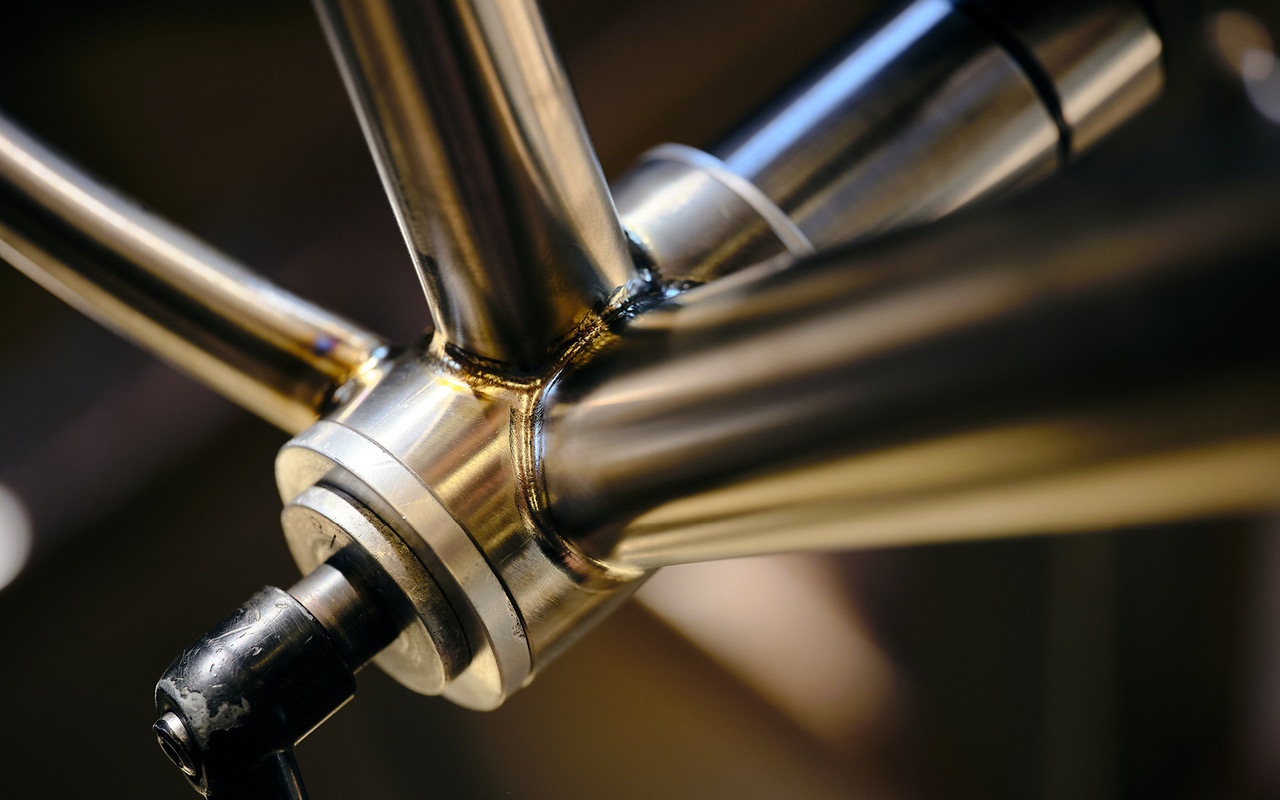
“You’ve got to be that cool guy that knows about every race on the calendar. If you’re selling gravel bikes, you need to know all the cool gravel races, and all the cool gravel places to ride around the nation. There are these epic rides that everybody talks about, and they ask me and I’m like ‘I don’t know man, I know bikes’.”
When it comes to that small number of bikes he makes with the name ‘Simple’ on the down tube, as opposed to the ones he builds for other people, Camarena says there’s more emotion involved.
“There’s a lot more love involved and I know that sounds kind of cliché, because it is, but there is. There’s definitely a feeling that this bike is representing me, personally. There’s a difference. My welds are a little bit different. The care that I take when I build a Simple is significantly higher than the care I take with somebody else’s. Not because I don’t care about their bikes, but the person that’s buying the bike is buying it because it’s me, not because it’s a company.”
But it’s not as simple as emailing Simple Bicycle Co. and starting the process of having a bike made.
“I’m kind of nit-picky with my customers. So if I start feeling that that customer has a hundred questions in the first email that they send me, I’ll send them someplace else. Like ‘Hey man, I don’t have the bandwidth’.
“I’m kind of nit-picky with my customers. If I start feeling that that customer has a hundred questions in the first email that they send me, I’ll send them someplace else. Like ‘Hey man, I don’t have the bandwidth’.”
“I’m definitely more polite than that in the mail, but usually right away I’m like, ‘Yeah I don’t want to deal with that person’. It sounds horrible but it’s the truth. I don’t want to take four of your phone calls a week, shit, I don’t want to take four phone calls of yours a month! Let’s just figure out what groupset you want and let’s build a bike around it. Tell me how you ride, and if we have to do a fitting session, let’s do it, and see you later man, I’ll call you in twelve weeks when your bike’s done. I can’t sit there and hold the hand of this dude that’s trying to figure out if he wants to go one-by or two-by, and what’re the benefits.”
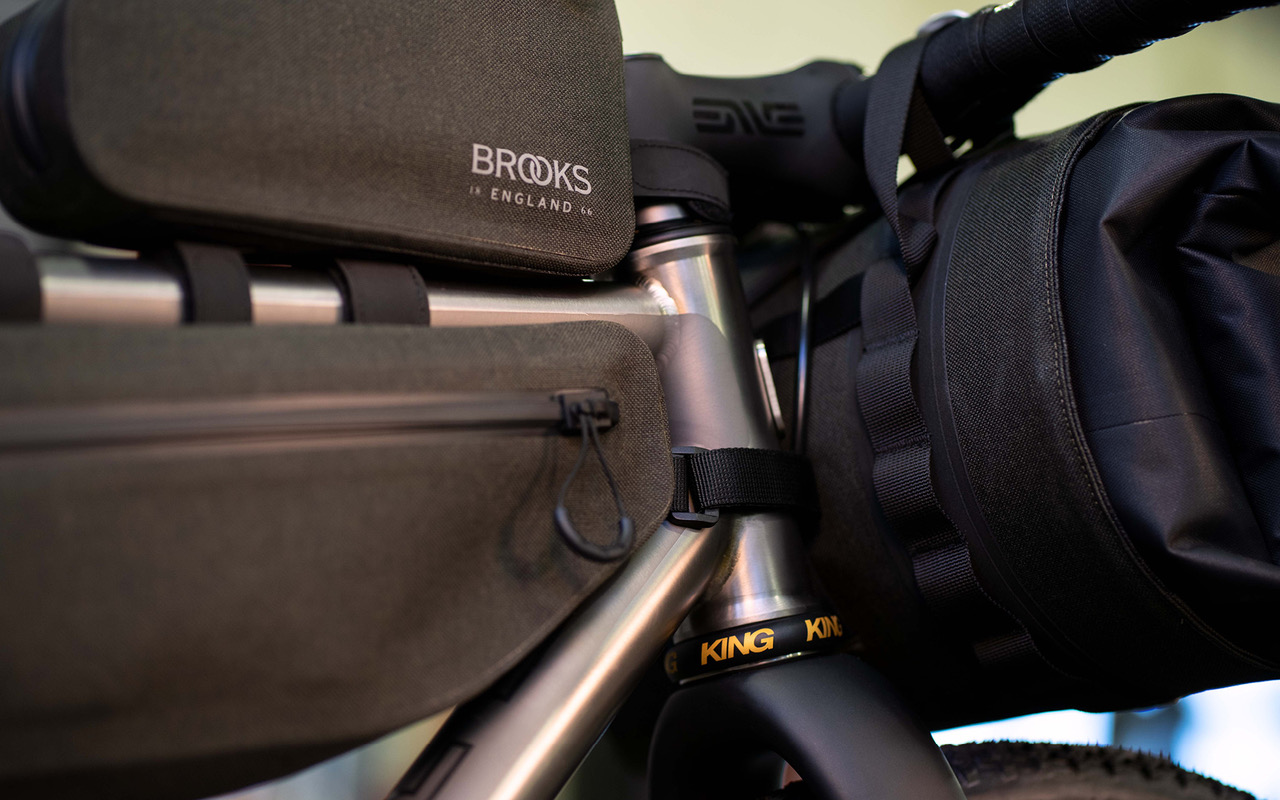
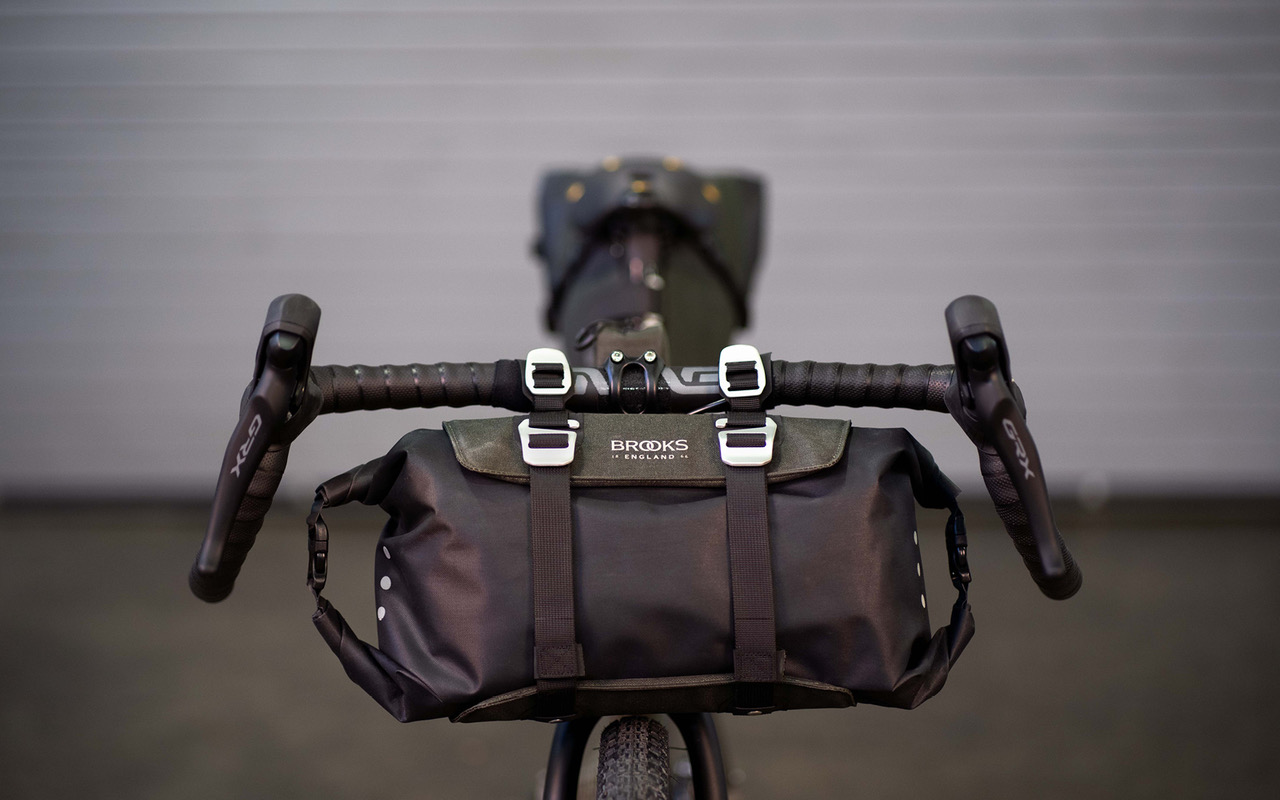
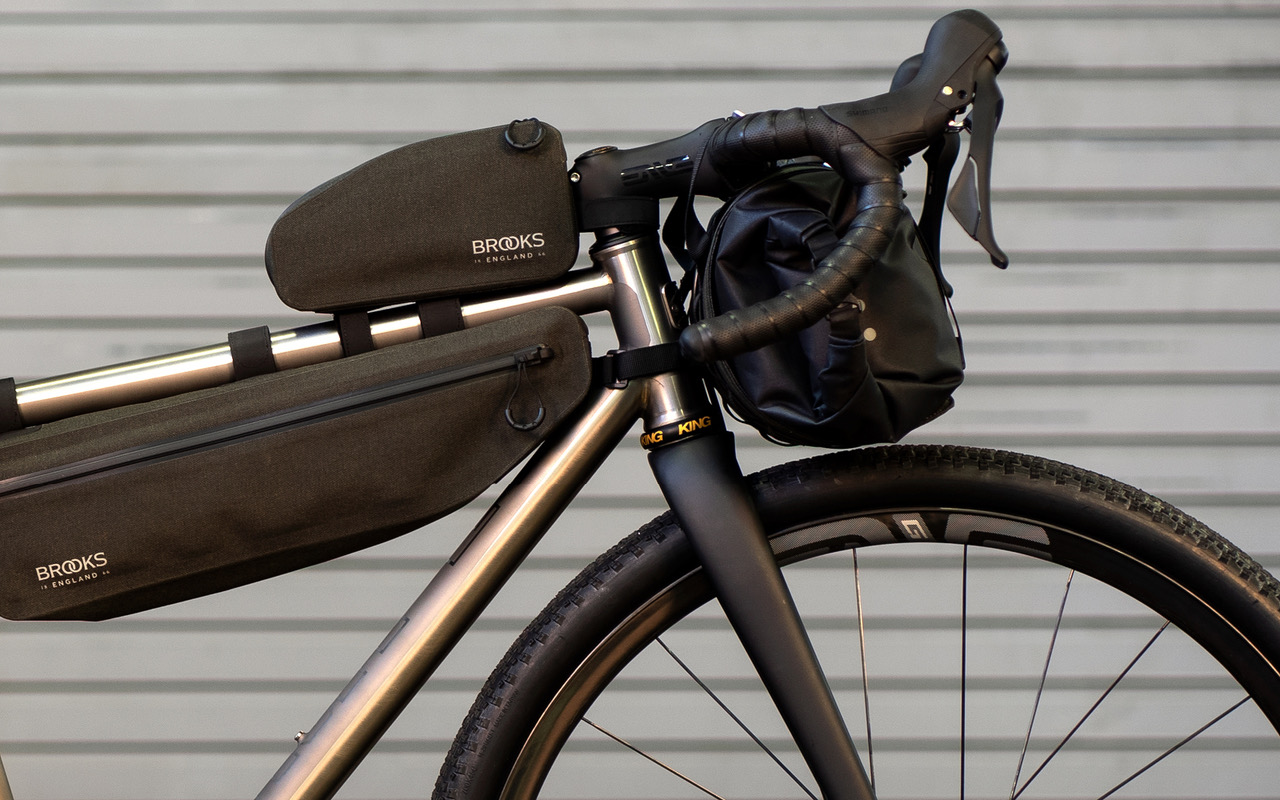
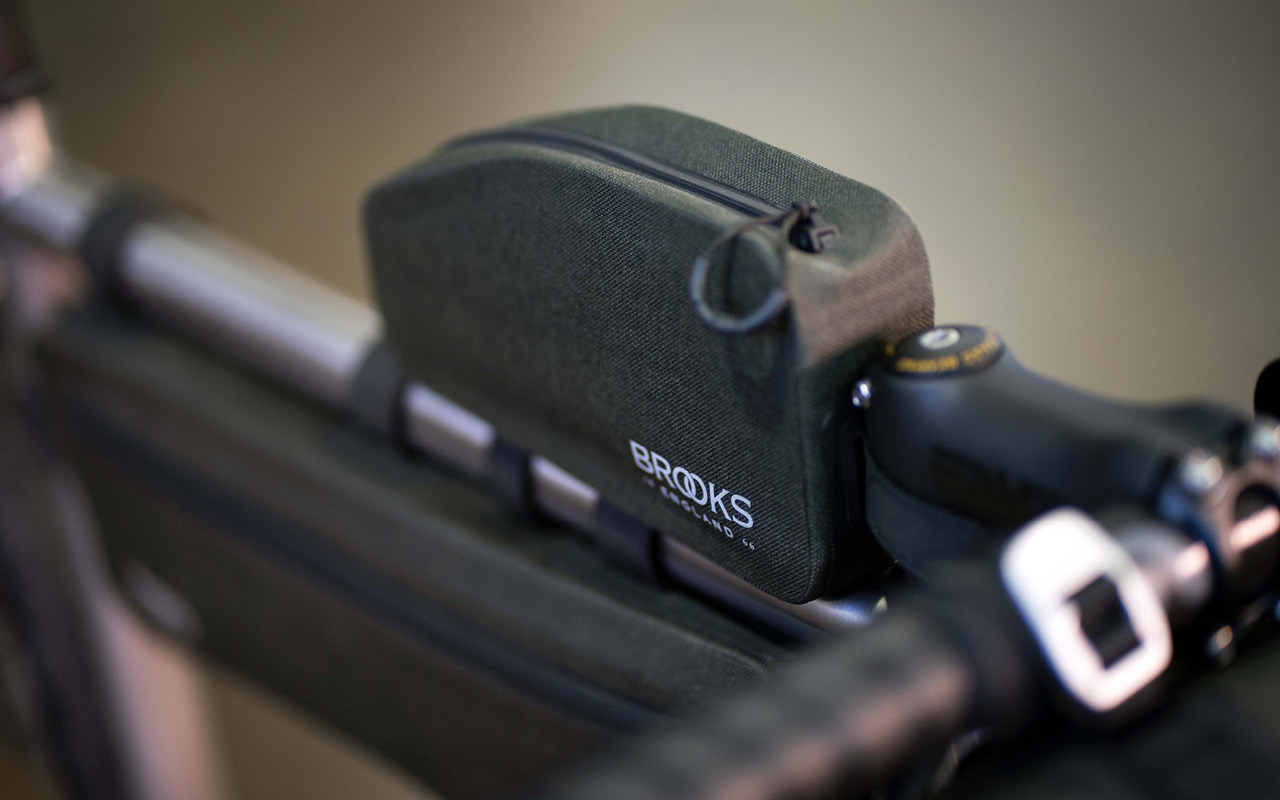

As a 25-year veteran of the frame building industry, it would be remiss not to ask Camarena if he has any tips for those that might want to explore it as a career. His answer? Maths and machining.
“I always laugh and ask people, ‘How are your math skills?’ Because math is a huge, huge deal. If you can’t do math or a trig problem, then you’re an artist and you’re going to struggle through the whole frame building process. It’s just the way it works.
“It’s just one of those things where if your math skills aren’t to par, then you’re just going to build beautifully-painted bikes, but they’re going to ride like shit.”
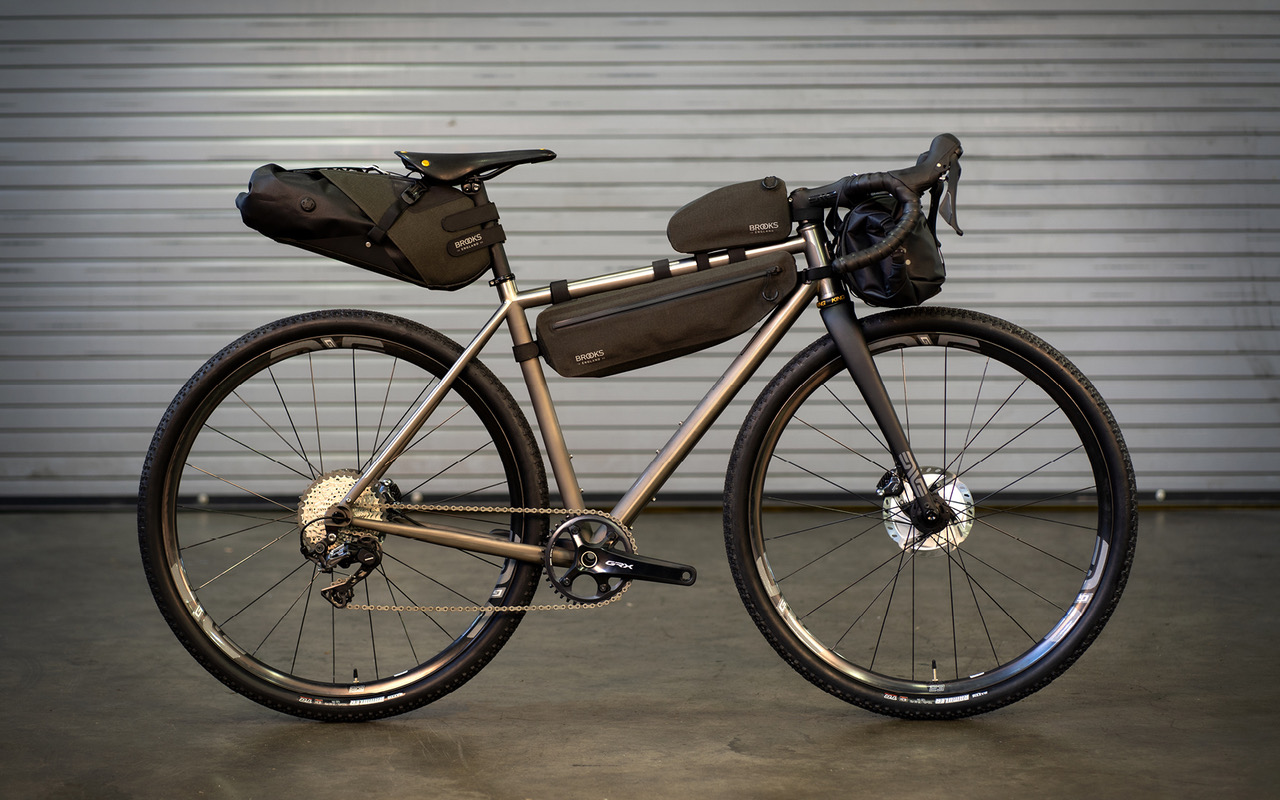
“And then you’ll need some machining skills. I’m a machinist first and foremost. I went to machining school. After machining school, then I went to design school. But I was a machinist pure and pure, my Dad was a blue-collar worker, he was a welder, I have only known steel my whole life. If someone were to ask me out on the street what I do for a living, I’d say ‘I’m a machinist’ – someone who can cut metal in a precise way, not with a hacksaw, round or square, cut all kinds of facets in to it to produce a part.”
Visit simplebicycleco.com for more information. If you’re very lucky, they may even let you order one.
Simple Bicycle Co. Essentials
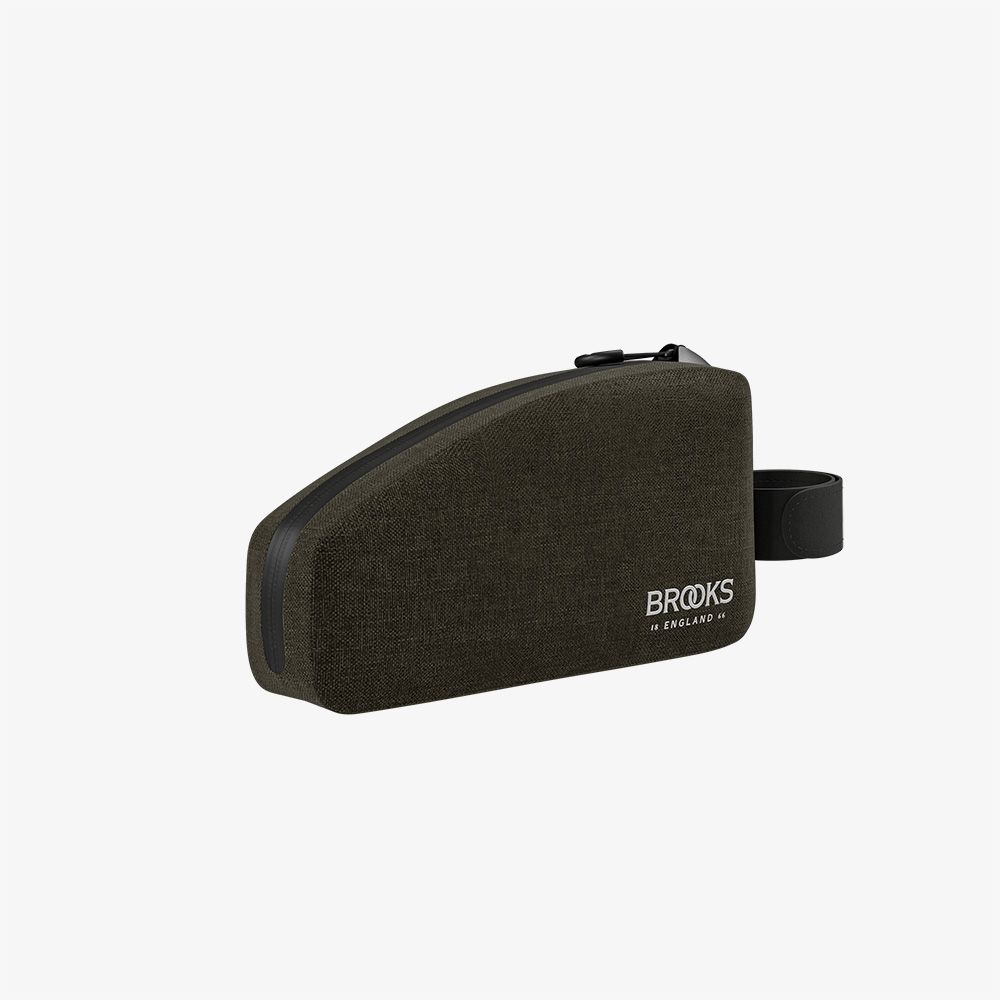
Scape Top Tube Bag
100% waterproof bag convenient for storing your valuables when touring.
DISCOVER MOREScape luggage
More Bikes Stories
“Design is everything” – Fairlight Cycles

Discover the bikes that sell themselves, designed by Dom Thomas and the Fairlight team.
READ MORE


